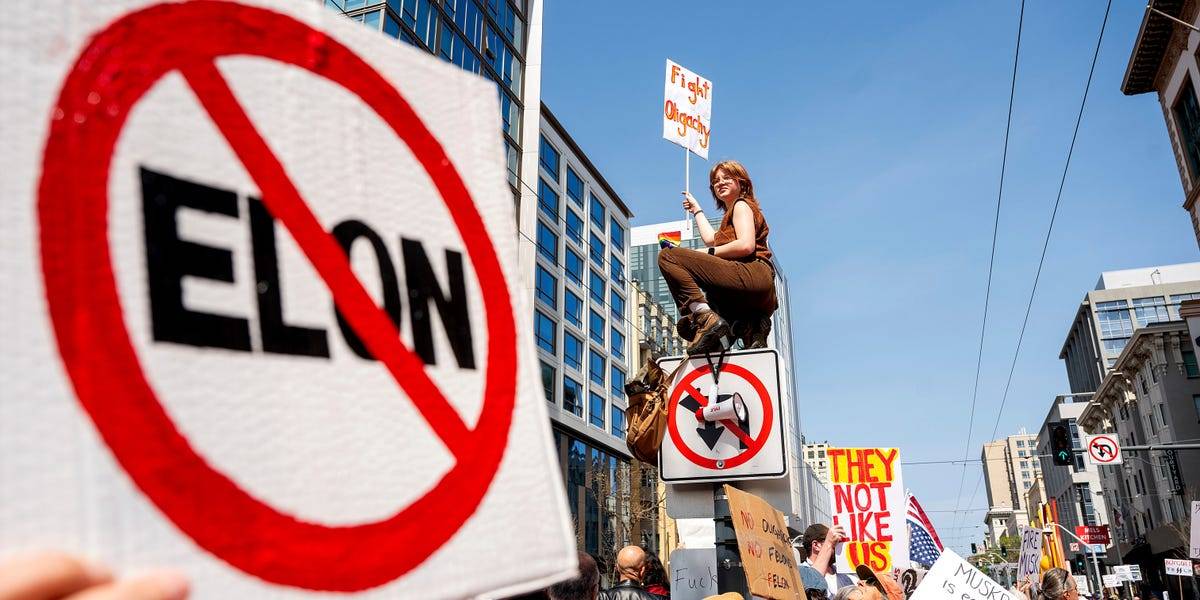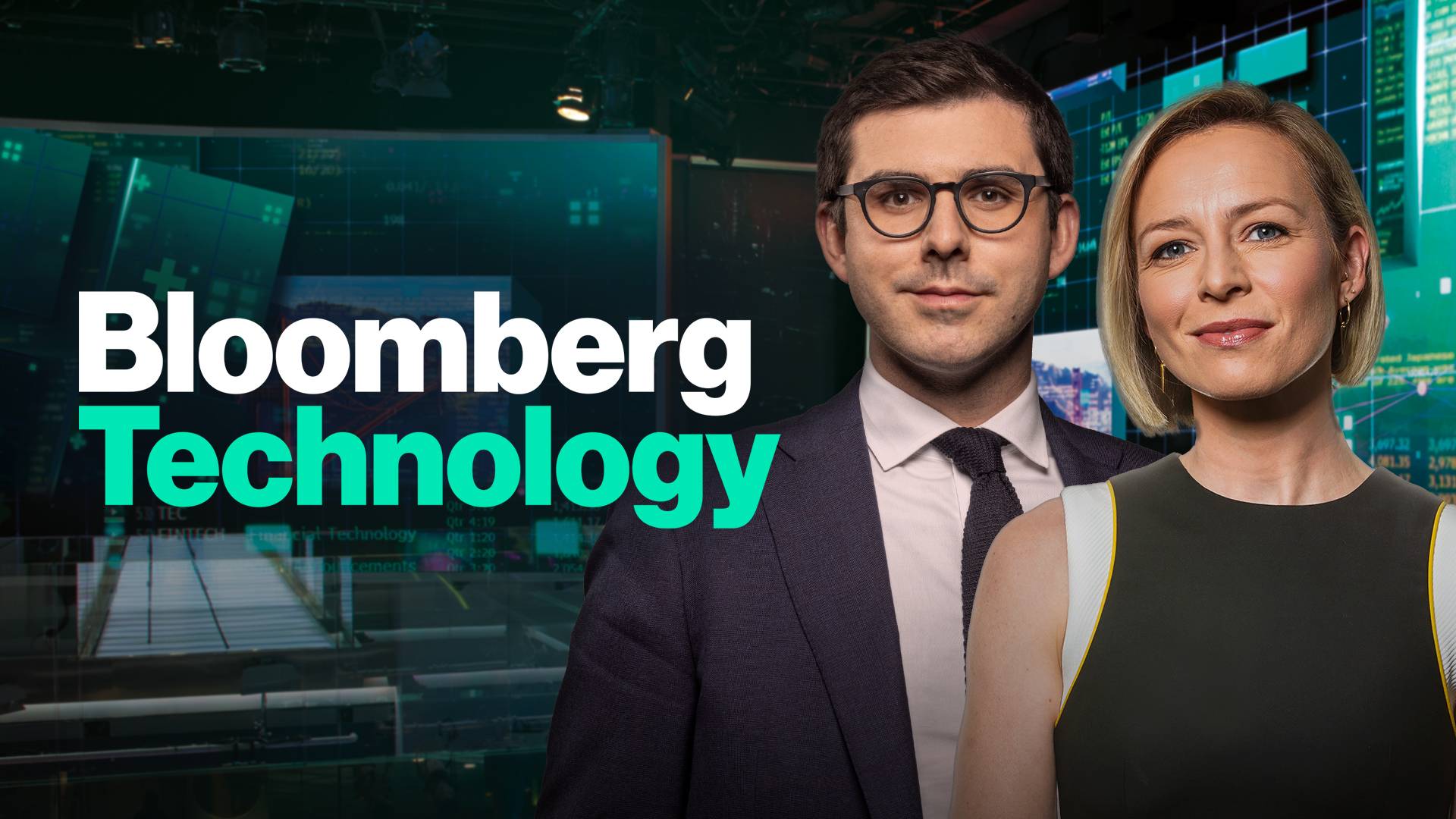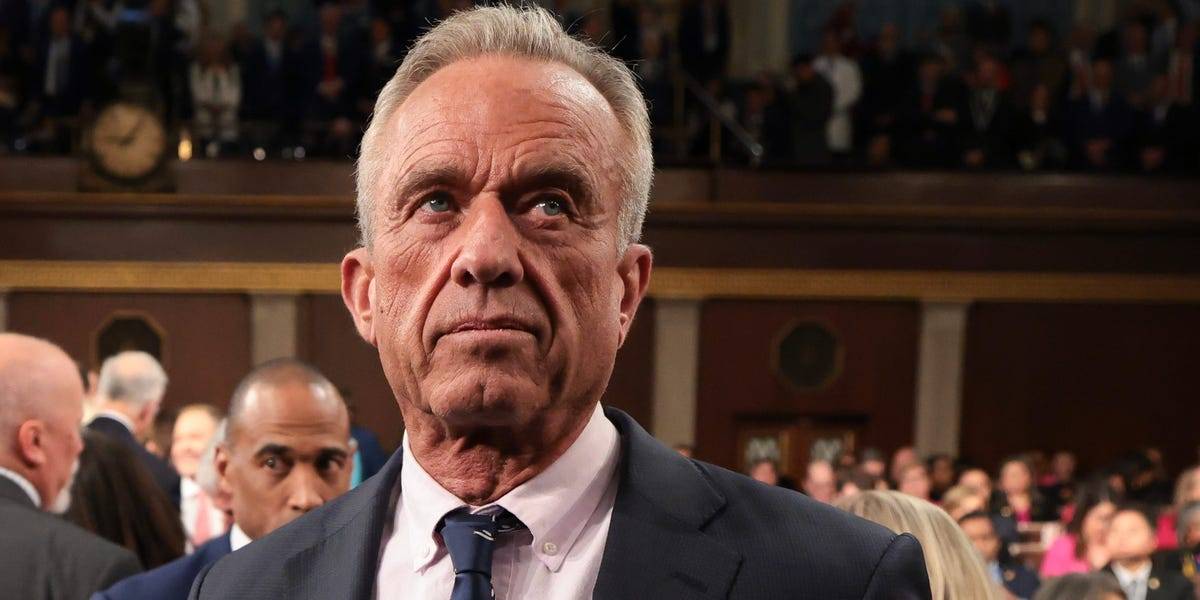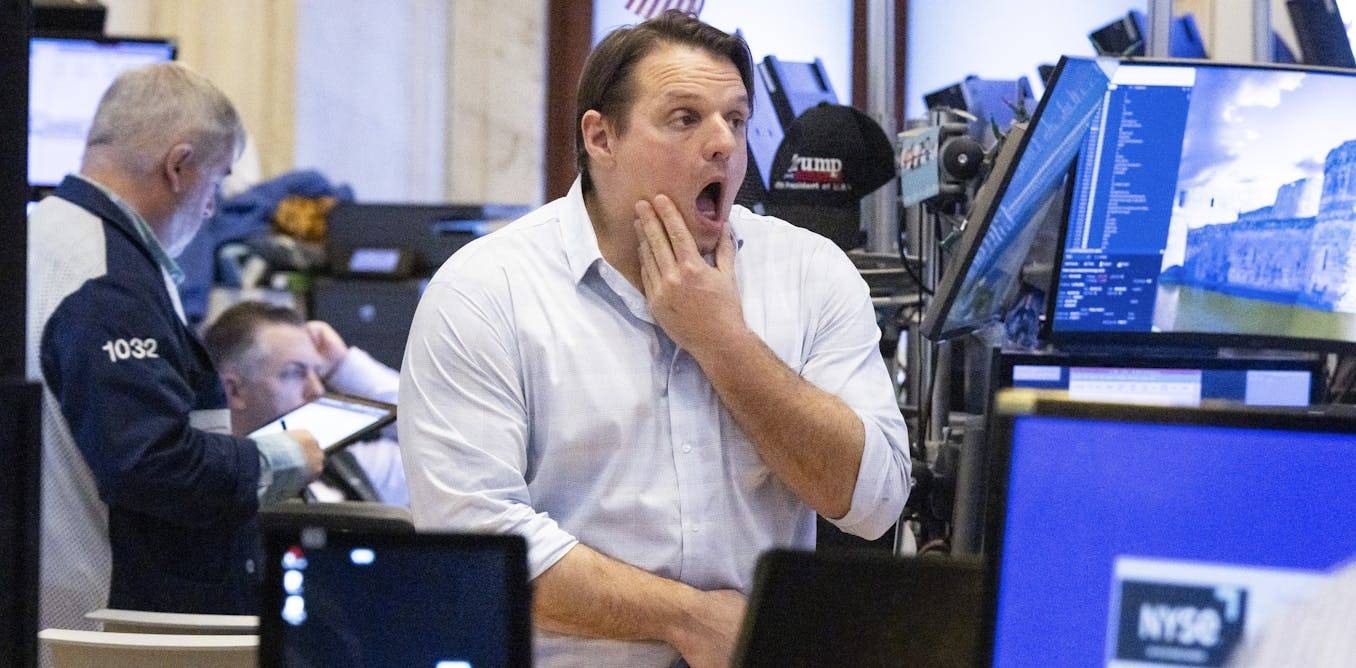Tesla’s Stock Challenges and Brand Crisis
Tesla’s stock has faced significant challenges in recent months, highlighted by a major downgrade from analyst Dan Ives of Wedbush Securities. Ives drastically cut the 12-month price target for Tesla from $550 to $315, a 43% reduction, in response to what he described as a “brand crisis tornado” surrounding the company. This move reflects a broader sentiment among investors and analysts that Elon Musk’s political involvement has become a significant liability for Tesla.
Political Controversy and Investor Sentiment
A recent Morgan Stanley survey underscores these concerns, with 85% of investors indicating that Musk’s political activities are negatively impacting Tesla’s business fundamentals. This perception is linked to public boycotts, protests at Tesla facilities, and declining brand loyalty among key demographics.
In addition to political backlash, Tesla’s vehicle sales have been under pressure. The company reported a 13% year-over-year decrease in deliveries for the first quarter of 2025, reaching nearly 336,700 vehicles. This drop has been attributed to an aging vehicle lineup, increased competition from Chinese manufacturers like BYD and NIO, and the brand’s struggle to attract new buyers amidst controversy.
Brand Image and Political Risks
The impact of politics on Tesla’s brand cannot be overstated. Analysts such as Robert Passikoff have emphasized that involving a company in politics is risky, as it can alienate potential customers who do not share the same views. This has resulted in Tesla sales plummeting in key markets, with some owners avoiding the brand to avoid being targeted.
Furthermore, Musk’s association with right-wing politics has led to significant criticism and public protests, further exacerbating the brand’s losing streak.
Stock Performance and Market Outlook
From a financial perspective, Tesla’s stock has experienced a sharp decline, reflecting investor pessimism about the company’s future. The stock has dropped by nearly 50% since reaching a peak in December 2024.
Despite these challenges, some analysts still see potential for Tesla’s stock to rebound. However, the path forward will depend strongly on Tesla’s ability to navigate its current brand crisis and adjust to a rapidly changing global EV market.
Strategic Responses and Competitive Pressures
In addressing these challenges, Tesla faces several critical tests. The company needs to revamp its product line and compete more effectively with emerging players like BYD, which is investing heavily in advanced battery technology.
Musk must also reconsider his public stance on politics to mitigate further brand erosion. Additionally, Tesla’s reliance on parts from China exposes it to geopolitical risks, including tariffs that could affect operational costs.
Balancing these challenges will require strategic shifts in both product offerings and corporate image management if Tesla is to regain momentum in the competitive EV sector.
Future Prospects and Investor Expectations
Tesla’s future prospects are currently overshadowed by uncertainty, with divergent views among analysts and investors about the stock’s potential trajectory. While some predict a recovery due to potential new models and emerging technologies like AI, others see significant risks ahead.
The critical question is whether Tesla can weather the current storm and adapt quickly to both market changes and consumer sensitivities. This will depend on Musk’s ability to manage the dual challenges of product innovation and brand reputation repair.
Conclusion
Ultimately, Tesla’s path forward will be shaped by how effectively it addresses these intertwined issues of brand image, product competition, and geopolitical challenges. The company’s ability to pivot in response to changing market dynamics and consumer sentiments will be crucial in determining its long-term success and its stock’s potential recovery.
As investors and analysts closely watch Tesla’s next moves, the stakes are high for this pioneering electric vehicle manufacturer.










